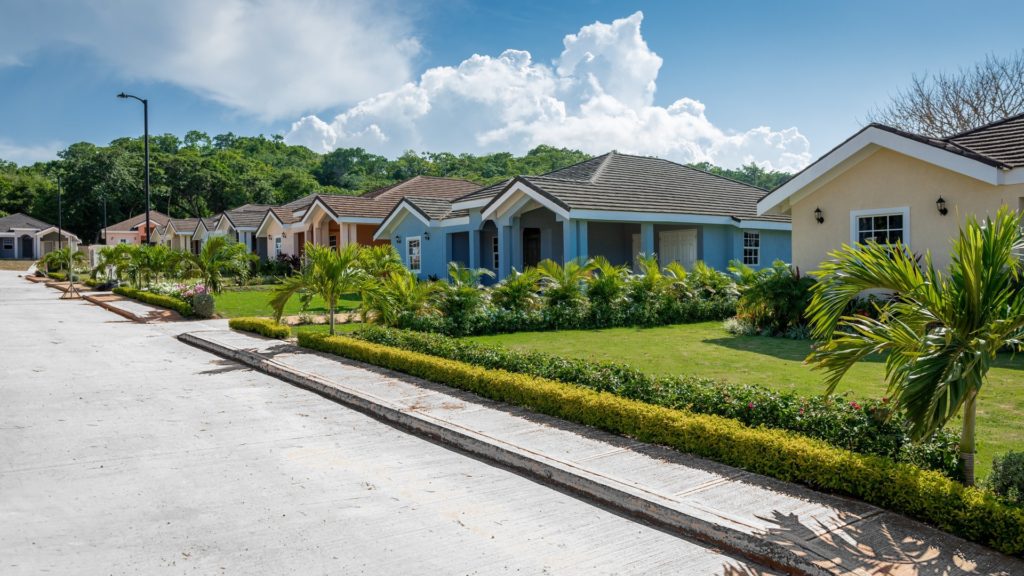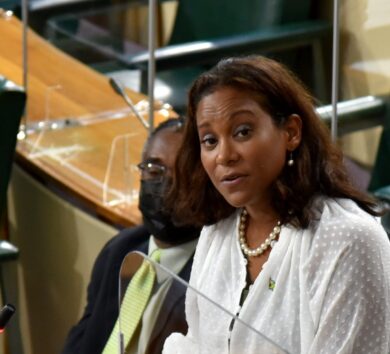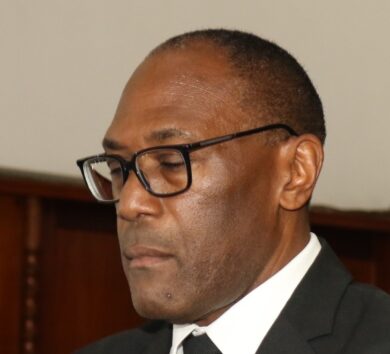

We have always heard that Jamaica has a housing crisis, as many Jamaicans still do not own their own homes. Owning a house is one thing that everyone aims for at a minimum. So the two things that everyone always wants is a house and a car.
In response, the government has embarked on several initiatives. First with establishing the National Housing Trust (NHT) in 1976, by Manley in an attempt to solve the “supply” crisis in housing. And thereafter every government has sought to use the NHT to build more and more houses, or provide land to people to build on.
Despite this, we have seen an increase in squatting and it seems to me that many persons are still not able to afford to own their own house. Today, with all the housing solutions we have tried, over one million persons are in squatter settlements.
The current government is aiming to build around 70,000 houses over their current term to make a dent in the homeownership problem. This year for example they plan to build around 10,000 houses.
The data shows that Jamaica typically starts between 5,000 to 7,000 homes per year and will finish around 60 to 70 per cent of housing starts, which means finishing up to 5,000 per year.

What is interesting also is that NHT accounts for around 80 to 90 per cent of starts and finish. At the same time, our population is growing an average of 0.5 per cent over the last ten years. Around 12,000 to 17,000 people per annum.
Not everyone will individually own a home, as if we assume the average amount of persons that live in the same house may be two or three, then it means that the demand for new houses would be around 5,000 to 7,500, and the country is actually producing around 6,000 new units per year.
However, we will need to go further and eliminate persons up to 20 years old, who would not be interested in owning houses yet. In a 2019 survey, persons under 20-years-old numbered were 1,370,000. So, we really should subtract that amount from the eligible persons who would want to own a home. That leaves 1,630,000 persons who want to own homes.
At an average of two to three persons per household, this means that between 543,009 and 815,009 people need housing solutions. The 2019 census indicated that at that time 711,000 houses existed.
These numbers suggest that we should have enough houses in Jamaica to satisfy the demand, as if you further assume that persons really don’t start demanding houses until in their 30s, then it means that we definitely should have enough houses. Especially with new houses being added each year.
If that is so, then why are so many voices heard saying that there is a housing shortage? And why have successive governments seemed so obsessed with creating more and more housing solutions? Could it be that they are misguided or have some other motive?

The problem I think is that successive administrations have failed to either understand or admit what the real housing problem is. That is that the problem is really one of affordability and lack of maintenance.
One will hear government officials say all the while that we need to create more low-cost housing, as too many people are unable to afford their own houses.
They will then provide a mandate to NHT to build more affordable housing solutions, which results in smaller and smaller units and also provide solutions in inner cities which end up with high defaults and the buildings deteriorating.
The fact, however, is that in our current trajectory we will never be able to solve this problem, just as we will never be able to solve our currency depreciation. As no matter how many housing units you provide, if more and more people are unable to afford houses because of falling labour productivity then all that will happen is that the new houses being built will only find they are being owned by persons who can afford them (multiple houses owned by persons) or the NHT has a collection problem.
This is why private housing starts are such a small minority. If the private sector saw that there was a viable market for houses then naturally they would build more houses. But the reality is that housing is getting more and more unaffordable for Jamaicans, hence why NHT seeks to target more and more affordable solutions.
So, if we really are serious about providing a solution for broad-based homeownership, the only real solution is to increase income levels.

This requires taking steps to include labour productivity, such as higher education levels.
But with more businesses being closed because of the anti-coronavirus (COVID-19) measures, seventy per cent of children leaving high school without one subject, poor telecoms and internet infrastructure, and no labour market reform as required by the 2013 IMF agreement, I think I can safely say that our housing crisis will be with us for a while.
- Dennis Chung is a justice of the peace and chartered accountant by profession. He can be reached at [email protected].







Comments